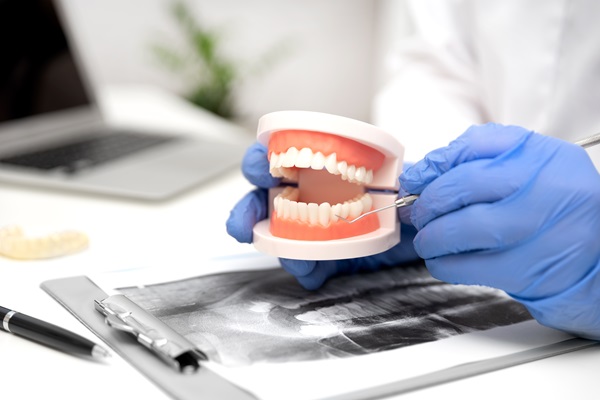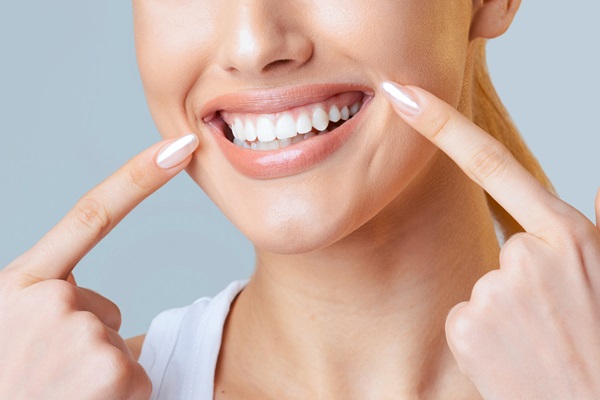When Should You See a Dentist for Preventive Dentistry?

Preventive dentistry deals with dental procedures to prevent dental issues, and it is critical for anybody who wants to keep their natural teeth for the rest of their life. Dentists used to spend most of their time treating dental issues rather than preventing them.
The importance of preventive dentistry
Due to people's overly busy schedules, it is easy to put off regular dentist appointments, but maintaining healthy teeth and gums benefits overall wellbeing. Patients can lower their risk of cavities, gingivitis, enamel loss, and periodontitis, all of which can contribute to tooth loss, by practicing proper oral care. Preventive dentistry can also lower the chances of developing secondary issues due to poor oral health.
In addition to lowering the chance of developing other health problems, preventive dental care also saves people from costly dental procedures. Despite insurance coverage, the cost of treating oral health issues can quickly add up. Although preventative dentistry cannot fully protect patients from cavities or infection, it can significantly reduce the need for expensive procedures due to a lackadaisical attitude to oral care.
Visit the dentist
Every six months, patients should visit their dentist for a dental checkup. Dental cleanings and examinations enable dentists to detect issues early on and treat them. Plaque and tartar can accumulate quickly, especially if good oral hygiene is not maintained between dental appointments.
Food, drinks, and cigarettes may discolor the teeth, especially if they are not thoroughly cleaned. Plaque can solidify on the teeth and irritate the gum tissue, leading to gum disease if not addressed. Regular dental checkups are therefore necessary to maintain healthy teeth and gums. People at a higher risk of dental illness, such as those who are pregnant, smokers, diabetics, and those with weakened immune systems, should schedule their dental checkups more frequently. Patients need to do their best to keep their teeth and gums clean and healthy between those exams.
Early detection of dental issues
Many dental problems, such as gum disease, cavities, and oral cancer, are pain-free or symptomless until they have progressed to an advanced stage. Gum disease affects 50% of individuals over 30 years old, according to the Centers for Disease Control. Gum disease (periodontitis) can cause tooth loss and the spread of dangerous germs to your body's essential organs. Health issues, such as stroke, heart disease, diabetes, and respiratory problems, have been connected to poor dental health.
Prevent halitosis
Poor dental hygiene, gum disease, or food particles stuck in oral crevices can all contribute to bad breath (halitosis). Brushing the teeth regularly and undergoing professional dental cleaning can help prevent this issue.
Improved self-esteem
A smile's appearance can affect one's self-esteem and social interactions. Regular dental appointments will not only help maintain healthy teeth and gums, but they can also provide the confidence to smile and interact with others openly.
In conclusion
Make an appointment with the dentist now to take the first step toward preventative dentistry.
Request an appointment here: https://www.soalsmiles.com or call South Alabama Smiles at (251) 206-6339 for an appointment in our Mobile office.
Check out what others are saying about our dental services on Yelp: Preventative Dental Care in Mobile, AL.
Related Posts
A general dentist spends a significant portion of their time performing preventative treatments like teeth cleanings that help prevent cavities. Cavities are the leading cause of dental visits. They are caused by the acids bacteria that live in the mouth excrete after consuming sugars. These acids eat away at teeth, eventually forming tiny holes in…
It is natural for teeth to discolor over time. If you have noticed that your smile has lost its luster, a general dentist can help. For effective and long-lasting results, get personalized advice and treatment from the dentist in-office. However, there are general steps you can take to improve the whiteness of your smile. Below…
General dentists can perform dozens of different procedures, so they may have a long list of offered services. A general dentist focuses on the prevention (and fast restoration) of oral health issues. However, they may also provide more extensive procedures, such as teeth replacement, when necessary.Some general dentistry services are more common than others. Specifically,…
Dental care plays a pivotal role in maintaining a healthy and beautiful smile. General dentists provide various services to help individuals achieve optimal oral health. This blog will explore the most commonly asked questions about general dentists and explain their diverse services.General dentistry is a type of dental care focused on preventing, diagnosing, and treating…


